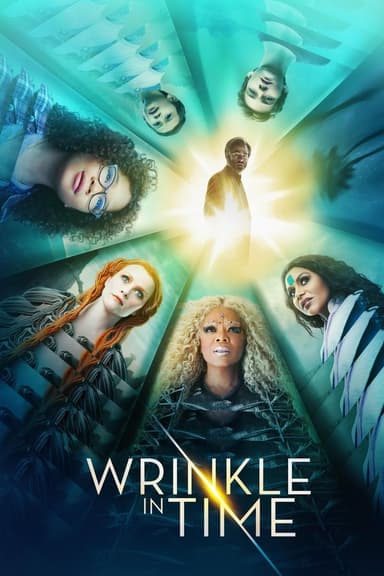
The Darkest Minds
2018 • Action, Adventure, Drama • PG-13
After a disease kills 98% of America's children, the surviving 2% develop superpowers and are placed in internment camps. A 16-year-old girl escapes her camp and joins a group of other teens on the run from the government.
Runtime: 1h 45m
Why you should read the novel
If you found The Darkest Minds movie intriguing but rushed, the source novel by Alexandra Bracken offers a much deeper dive into the dystopian world and its rich characters. The book explores Ruby's inner thoughts and struggles, allowing readers to experience her journey with greater emotional resonance and nuance. You'll uncover compelling backstories, detailed world-building, and intricate relationships that the film only briefly touches upon.
Reading the novel lets you appreciate the complexity of the Psi powers, the oppressive government, and the dynamics within the group of fugitive teens. Bracken's prose brings out the fear, hope, and resilience of the characters, immersing you fully into their plight. The book also paces the development of friendships and trust, making every betrayal and alliance feel both earned and impactful.
By choosing the novel, you’re treated to subplots and details omitted from the film, which enrich the overall story and push you to reflect on freedom, identity, and the cost of survival. If you crave a more emotional and gripping version of this narrative, Alexandra Bracken’s book is a must-read that surpasses the cinematic experience.
Adaptation differences
One of the key differences between the book and its movie adaptation is the depth with which characters’ inner thoughts and motivations are explored. In the novel, Ruby’s point of view gives readers detailed access to her fears, guilt, and doubts, particularly about her powers and her traumatic past. The movie, forced by time constraints, tends to rush through these aspects, making some of her decisions seem abrupt or less justified.
Another major change lies in the world-building and the explanation of the Psi powers. The novel carefully lays out the color-coded abilities, their social stigma, and the implications for society and personal identity. The film, in contrast, streamlines this information, sometimes leaving viewers with questions about the significance of certain powers or the intricacies of the government’s methods and atrocities. This makes the on-screen dystopia feel less immersive compared to its literary counterpart.
Relationships among the main group—Ruby, Liam, Chubs, and Zu—are also given far more time to grow organically in the book. Their bonds, trust issues, and individual backstories are fleshed out with detail and heart, whereas the film skips over certain events and character beats, making their camaraderie seem rushed. Moments of betrayal, loss, and reconciliation have much more weight in the novel than in the adaptation.
Finally, the ending of the film diverges from the book, streamlining or omitting some events and emotional arcs. While the movie sets up potential sequels, it truncates the complex and bittersweet choices Ruby faces. The novel’s conclusion is more nuanced and heartbreaking, delivering greater emotional payoff and a stronger lead-in to the next book in the series.
The Darkest Minds inspired from
The Darkest Minds
by Alexandra Bracken









